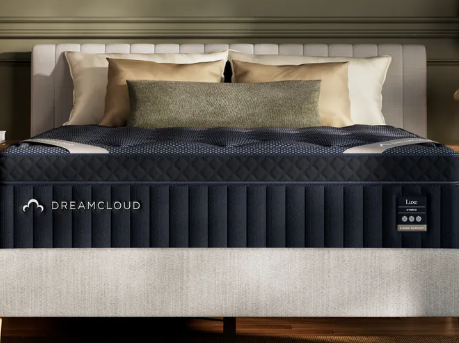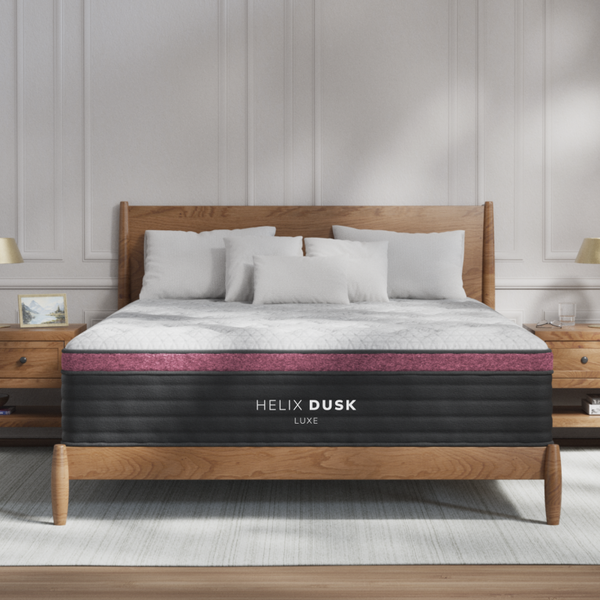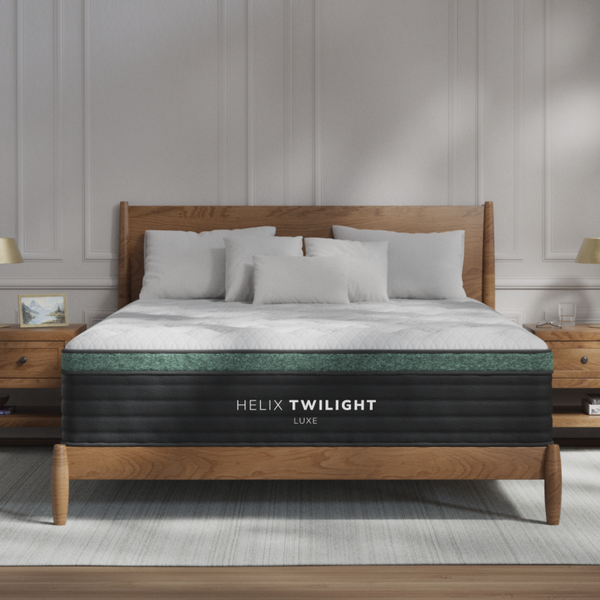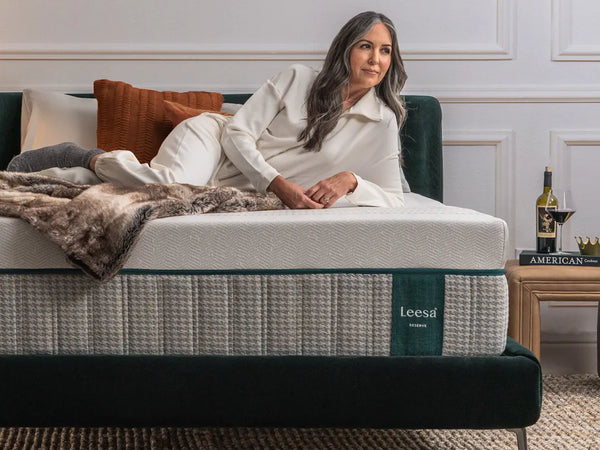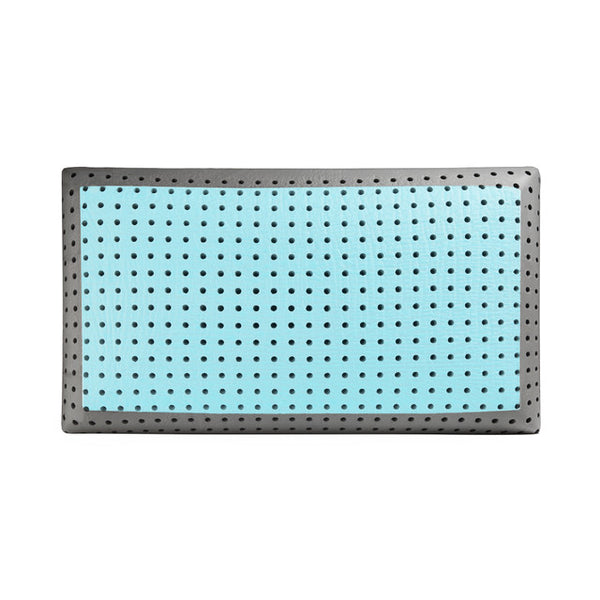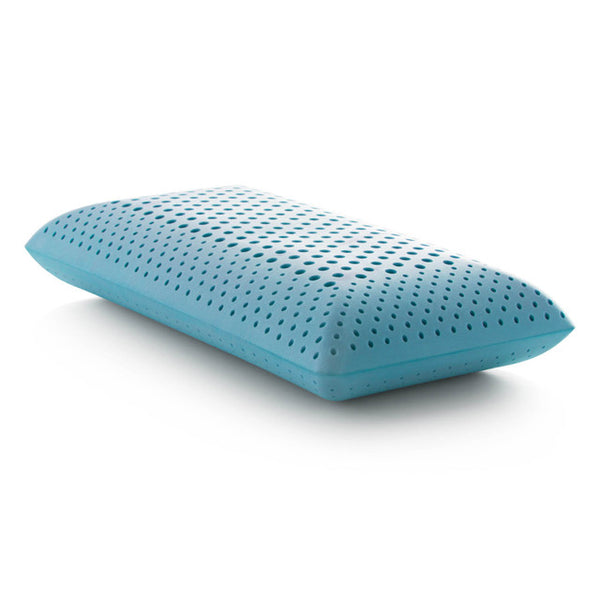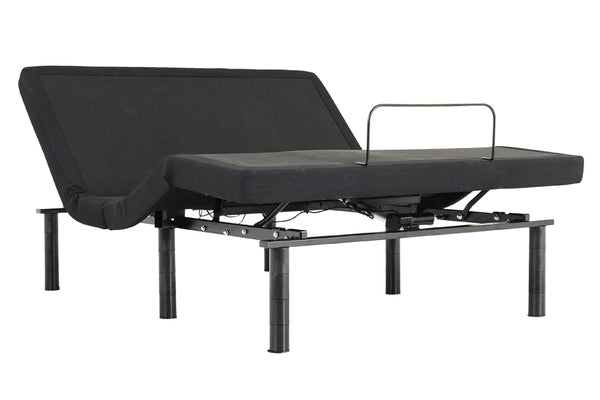
Overview
Choosing the right mattress is essential for restorative sleep. This guide covers the importance of selecting a mattress, explains common types like memory foam, innerspring, hybrid, latex, and airbeds, and highlights key factors to consider such as sleep position, body weight, temperature sensitivity, and budget. It also debunks common mattress myths and offers purchasing tips to help you make an informed decision for better sleep quality.
Frequently Asked Questions
1. Why is selecting the right mattress important?
2. What are the different types of mattresses available?
3. How do I determine the best mattress for my sleeping position?
4. What factors should I consider when choosing a mattress?
5. Are there any common myths about mattresses I should be aware of?
Choosing the right mattress can feel overwhelming, especially with so many options available in the market today. Each mattress type provides unique benefits tailored to different sleeping styles and preferences. For those looking to improve their sleep quality, knowing the differences in mattress types is essential. This guide will break down the various mattress types, helping you make an informed decision for your sleep sanctuary.
The Importance of Selecting the Right Mattress
A mattress isn't just a piece of furniture; it's a critical component for achieving restorative sleep. A well-chosen mattress can enhance comfort, alleviate pain, and promote better sleep posture, resulting in a more rejuvenating night's rest. Conversely, an unsuitable mattress may lead to discomfort, disrupted sleep, and even long-term health issues. Thus, understanding mattress types is crucial for anyone seeking restful sleep.
Common Mattress Types Explained
Now, let's delve into the most prevalent types of mattresses. Each type offers distinctive characteristics, making them suitable for different preferences and needs.
Memory Foam Mattresses
Memory foam mattresses have gained immense popularity for their ability to contour to the body's shape. Made from viscoelastic foam, this type of mattress provides excellent support and pressure relief.
- Pros: Excellent motion isolation, great for couples; contours to the body, offering personalized support; hypoallergenic materials.
- Cons: Can trap heat, making them uncomfortable for hot sleepers; some may find it lacking in bounce.
Innerspring Mattresses
Innerspring mattresses are the traditional choice, featuring a core made of steel coil springs. They provide solid support and a bouncy feel, making them popular among a broad audience.
- Pros: Strong support, good for back and stomach sleepers; responsive and bouncy feel; cooler than foam due to better airflow.
- Cons: Can be less durable over time; may cause motion transfer, which isn’t ideal for couples.
Hybrid Mattresses
Hybrid mattresses combine the best elements of innerspring and memory foam. Typically, they feature a supportive coil core topped with layers of foam or latex for added comfort.
- Pros: Offers both support and comfort; good airflow; reduced motion transfer; suitable for various sleep positions.
- Cons: Can be more expensive than other types; potential for heavier weight.
Latex Mattresses
Latex mattresses are made from either natural or synthetic latex. They are known for their elasticity and durability, offering a responsive feel that some sleepers prefer.
- Pros: Long-lasting; naturally hypoallergenic; offers good support and bounce.
- Cons: Heavier than other mattress types; higher price point; may not contour as precisely as memory foam
Airbeds
Adjustable airbeds allow sleepers to alter the firmness level of the mattress by adjusting the air chambers within. This versatility can accommodate various preferences and sleeping positions.
- Pros: Customizable firmness levels; ideal for couples with different preferences; often come with additional features like remote controls.
- Cons: Potential for air leaks; typically more expensive; may require additional maintenance.
Factors to Consider When Choosing a Mattress
With so many options available, it's important to consider several factors before making your choice. Here are some essential considerations:
Sleep Position
Your primary sleep position significantly affects which mattress will work best for you. Here’s how different mattresses cater to various sleeping positions:
- Back Sleepers: Typically benefit from medium to firm mattresses that offer good support for the spine.
- Side Sleepers: Should look for mattresses that provide pressure relief, often found in softer memory foam or hybrid options.
- Stomach Sleepers: Often require a firmer mattress to maintain spinal alignment and prevent excessive sinking.
Body Weight
Your weight can also affect which mattress type provides the best support. Lighter individuals may find comfort in softer models without compromising support, whereas heavier individuals may require firmer options with more robust support systems.
Temperature Sensitivity
If you tend to sleep hot, consider materials with cooling properties, like hybrids or latex mattresses. Traditional memory foam mattresses may trap heat, so look for gel-infused options or those designed with airflow in mind.
Budget
Mattresses come in a wide range of prices. Determine your budget before browsing to help narrow your options. While investing in a quality mattress is crucial, it's essential to choose one that offers the features you need without breaking the bank.
Myth-Busting Common Mattress Misconceptions
Before finalizing your decision, let's dispel some common myths about mattresses:
Myth 1: A Firm Mattress is Better for Everyone
While firmness is essential, the ideal level varies based on personal preference and sleep style. A too-firm mattress could lead to discomfort, especially for side sleepers.
Myth 2: You Need to Replace Your Mattress Every Few Years
While it's true that mattresses degrade over time, many high-quality options can last for up to a decade or more with proper care. Assess for sagging or discomfort to determine replacement needs.
Myth 3: More Expensive Means Better Quality
Price does not always equate to quality. It's vital to consider the construction, materials, and reviews rather than solely relying on price as an indicator of value.
Purchasing Tips for Mattress Shoppers
Ready to make that important purchase? Here are some valuable tips for mattress shopping:
- Research and read customer reviews to understand the performance of different mattress types.
- Take advantage of in-store trials or online sleep trials, allowing you to test a mattress before fully committing.
- Don’t hesitate to ask questions regarding the materials and warranty before making a final decision.
- Consider additional factors like delivery and return policies for extra peace of mind.
Transforming Your Sleep Space
Finally, remember that the mattress is only one factor affecting your sleep environment. To enhance sleep quality further, consider other elements in your bedroom:
Bedding
Invest in high-quality sheets, pillows, and comforters that complement your mattress choice. Ensure they are comfortable, breathable, and suited to your sleeping style.
Room Environment
Maintain a cool, dark, and quiet environment conducive to sleep. Consider blackout curtains, white noise machines, or air purifiers if needed.
Sleep Hygiene
Adopt good sleep hygiene practices such as establishing a regular sleep schedule, limiting screen time before bed, and incorporating relaxation techniques.
Dreaming of Better Sleep Awaits!
Ultimately, selecting the right mattress is a personalized journey that can significantly transform your overall sleep health. By understanding the distinct types available, considering your unique preferences and needs, and being informed about common myths, you’ll be well on your way to finding the mattress that suits you best. Embrace these insights and step confidently into the world of restful nights and energized mornings!

